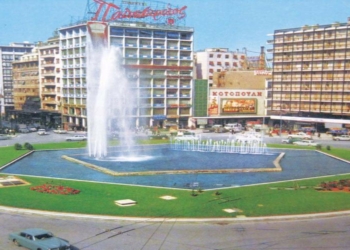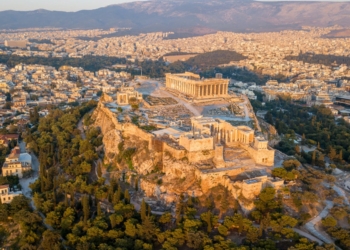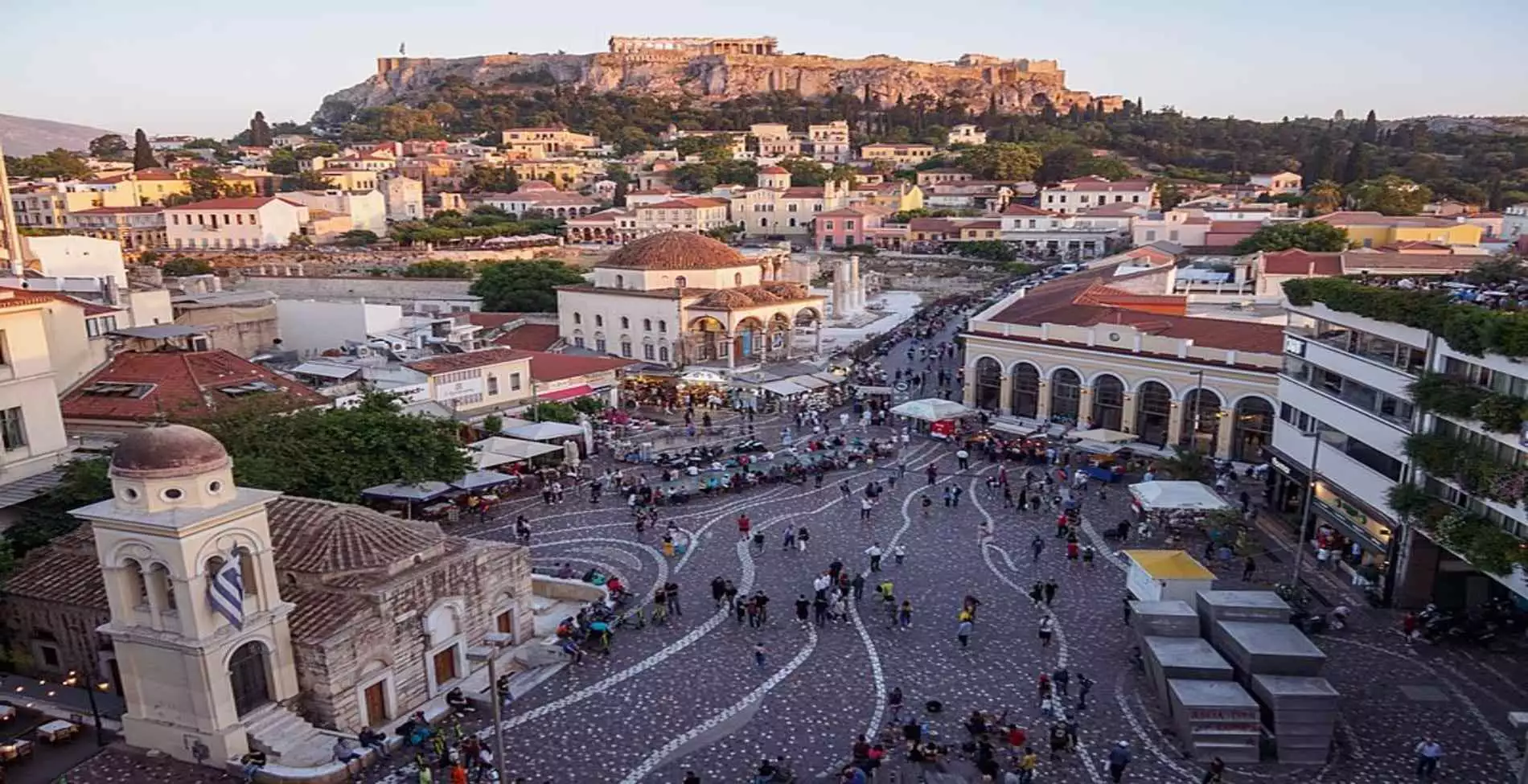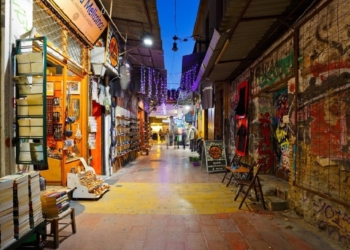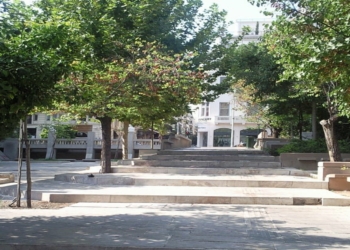Is Athens a city of beauty or a city of ugliness? This theoretical question has multiple implications and there’s certainly no definitive answer – rather, various thoughts that arise in response to the question. If we were to ask a hundred random people in the heart of the capital, we might receive a range of answers like: “Yes, it is”, “no, not at all”, or “Perhaps it is”. What’s truly intriguing are the reasons or motivations that inform these responses. For each individual, Athens represents something unique. And the answer we provide is shaped by our expectations.
The imposing buildings of Ernst Ziller in Athens
Is Athens an ugly city or a beautiful city?

The question persists: Is Athens a city of beauty or a city of ugliness? It’s important to acknowledge and accept this fact: A city needs to evolve. If it only relies on the glory of its past, it risks becoming a city that’s more of a mausoleum, devoid of progress. How does Athens, our city, respond to this? In past decades, it might have rested on the laurels of Ancient Athens. What many of us today – and perhaps at times – perceive as authentic and unique, when viewed from a broader perspective and with as much detachment as possible, might have been more of a surrender to the city’s destiny. A habit we cherished during times of widespread prosperity.

Isn’t it paradoxical that we sometimes yearn for the days when Athens didn’t have a metro? Why did the Athens of the past, with its peak of unattractive architecture and fewer pedestrian-friendly streets, appeal more to some than the Athens of today? Is it merely nostalgia, a drachma versus euro debate, or are we seeking the bygone years of innocence in the streets of Athens? The pace of life influences our preferences. We decide what to leave in the past and what to carry forward into the present. When we opt for the most carefree years, we also bring along the transitional Athens that, in reality, bears little resemblance to the city today.
A city with an identity
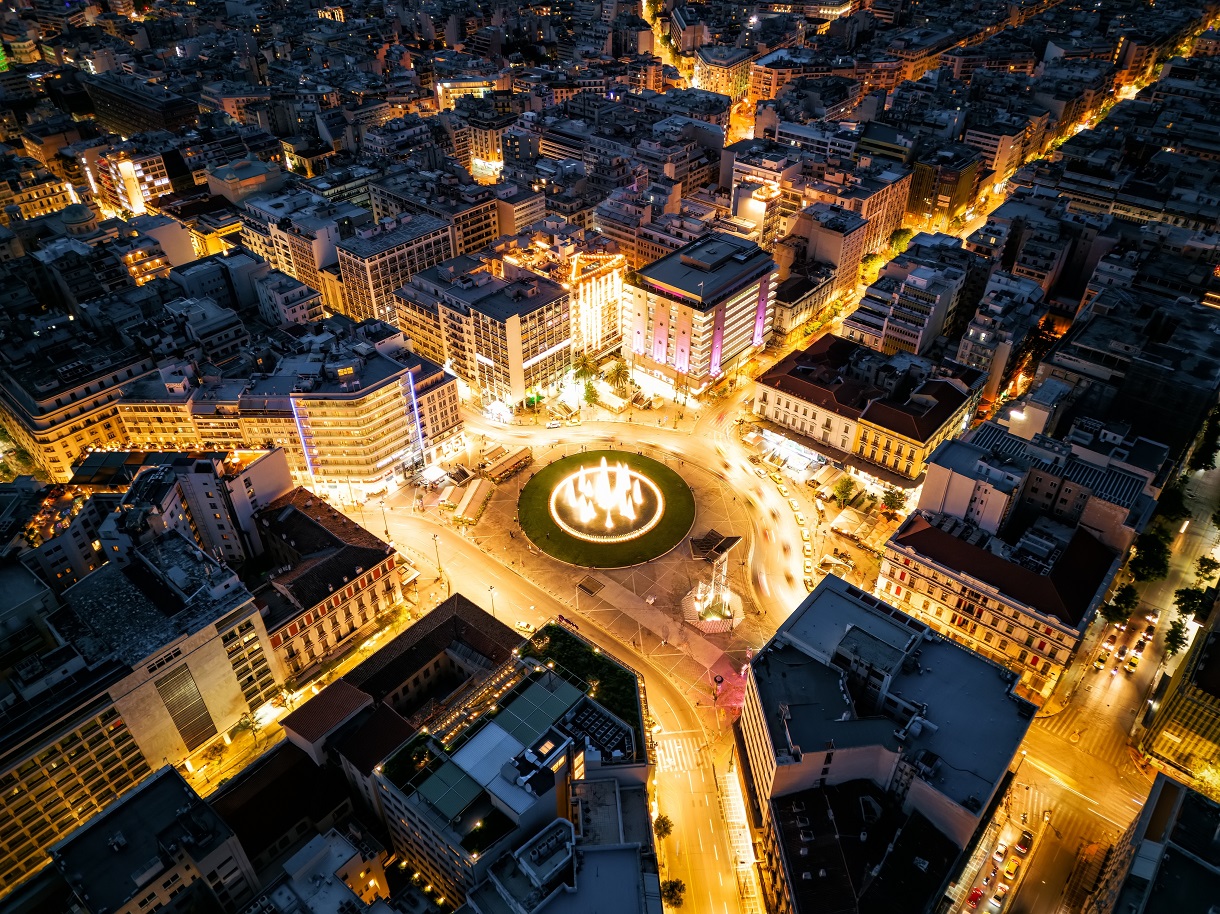
Athens is a city that carries a distinct identity, a fact that even its fiercest critics cannot deny. Its unique style is evident, even in its perceived ugliness. Take, for instance, Omonia Square, which is often disliked, even hated, by many Athenians.
Despite this, the city’s heart unfolds into various worlds and environments, much like ribbons on a carousel, separated by mere hundreds of meters. Athinas Street serves as a link between the old parts of this historic capital.
In contrast, the path toward September 3 leads to a different, marginalized city. It houses the Stadium of contrasts, the University with its historic buildings, and the Academy. These landmarks mark the end of the city and the beginning of two opposed neighborhoods – Exarchia district and Kolonaki district, both symbols of Athens.
Pireos Street, as it descends, connects Metaxourgeio and Gazi, the areas once known as the Greek Soho. Meanwhile, Agiou Konstantinou Street is in a constant state of transformation.
The special areas of Athens
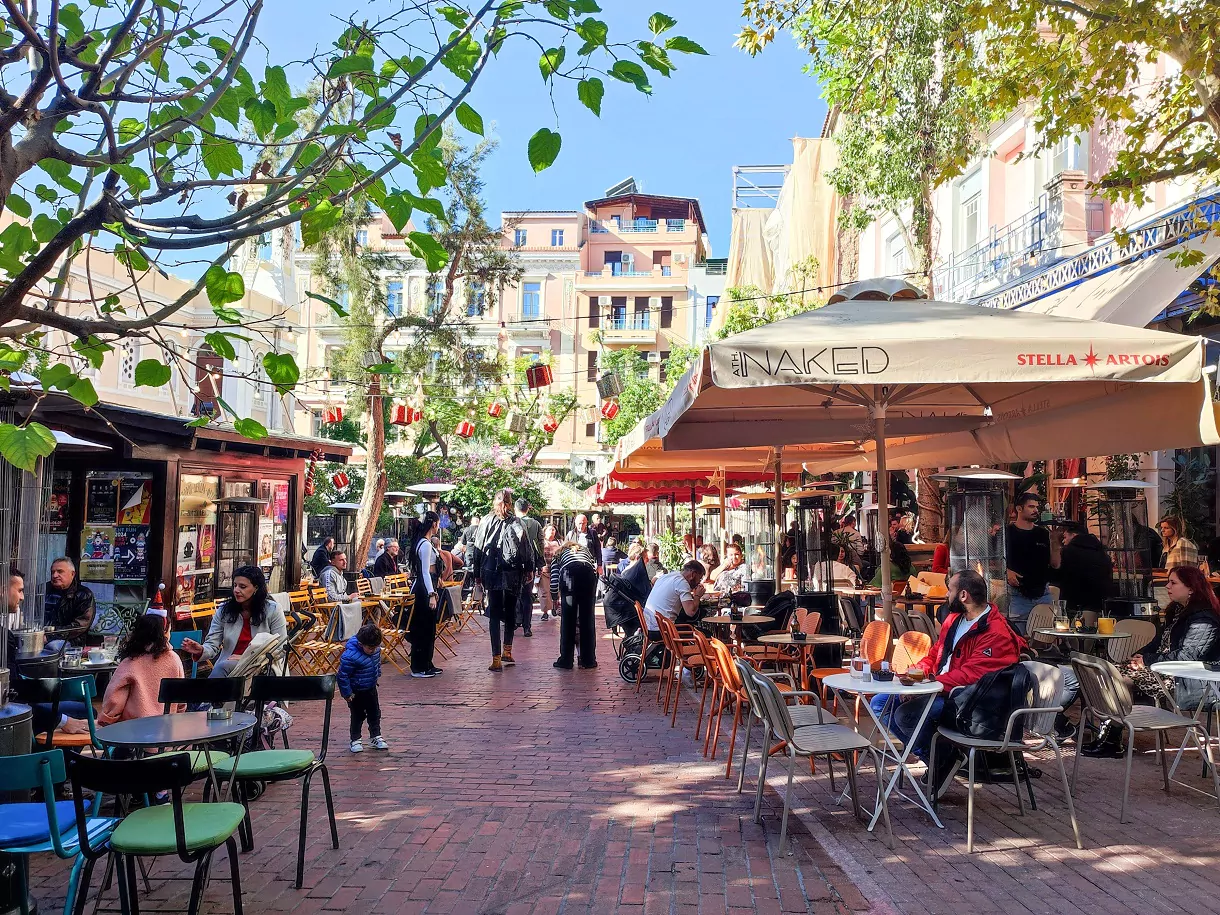
Indeed, Athens possesses a unique charm, even in its less attractive aspects. This charm is amplified in its beauty. The city boasts several special areas that cater to its residents, the Athenians.
The historic center is filled with hundreds of cafes and bars nestled within arcades and pedestrian streets. The evolution of street food caters to the tastes of even the most discerning palates. Branded restaurants, wine bars, terraces offering stunning views, and hotel roof gardens all contribute to the city’s allure.
The districts of Psirri, Agia Irini Square, and Avysinias Square are vibrant areas filled with enticing aromas, vivid colors, and delightful music. The picturesque neighborhoods of Plaka, Thissio, and Monastiraki, while popular with tourists, remain timeless local hangouts. And rightly so.
Tourists are changing the structure of the city
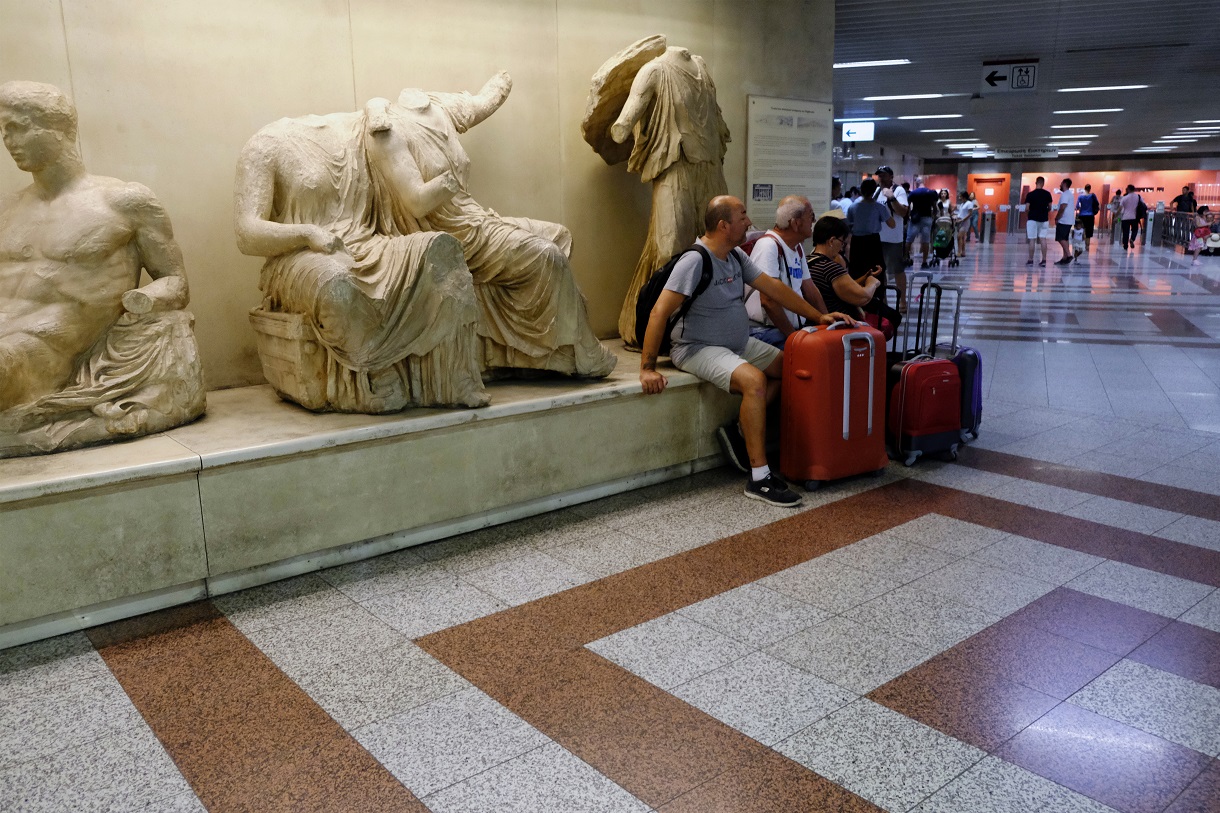
Does Athens accommodate the millions of tourists who visit each year, and what impact do they have on us? The answer to these questions isn’t straightforward. There are times when Athens is teeming with people, presenting both advantages and disadvantages.
On the positive side, investments have been made in hotel units, making them more modern and comprehensive than ever before. Boutique hotels not only provide accommodation but also contribute to the city’s architectural and aesthetic appeal.

This form of development, while beneficial in some aspects, has also led to significant changes in the city’s structure. For instance, the recent closure of the historic Ideal Cinema to make way for a new hotel is one such change.
Another notable shift is the gradual transformation of Exarchia’s identity. Short-term leases have begun to alter the area’s DNA, a change that had already been underway. It’s important to note, however, that these changes are not without their challenges.
Expensive Athens
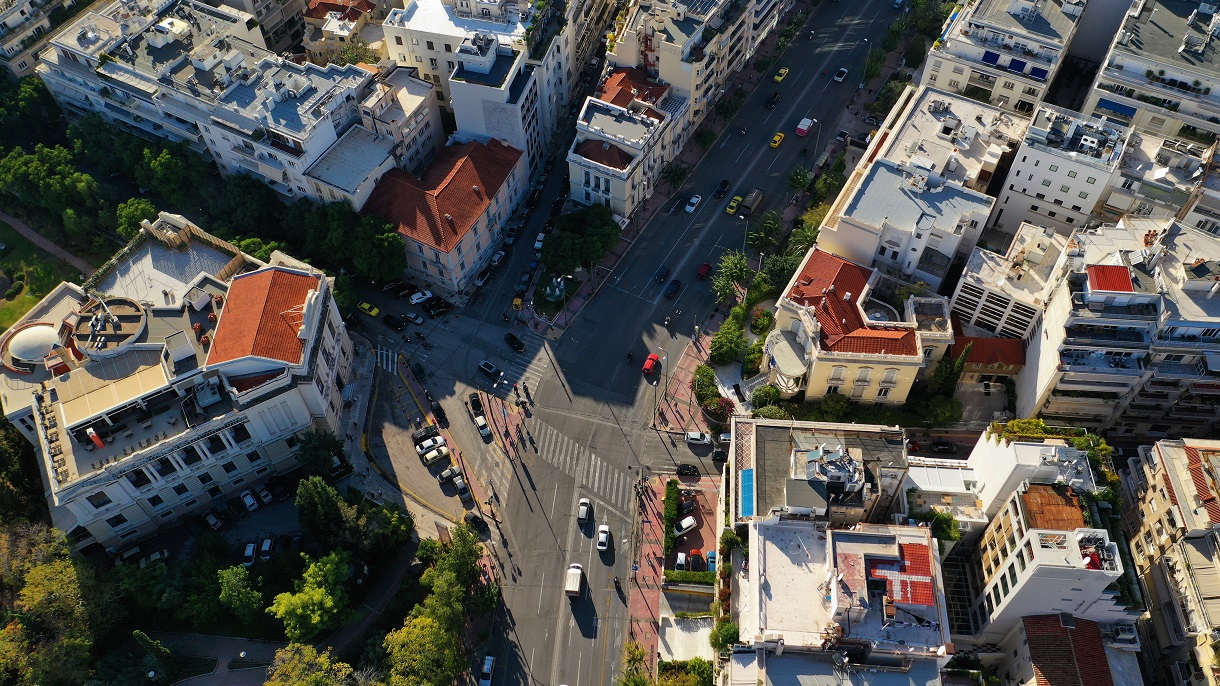
Indeed, Athens today is more expensive for its residents. This could be a reason why we sometimes feel overwhelmed compared to the past. However, it might be beneficial to stop dwelling on what we could afford with 500 in the late ’90s.
Investing our energy in a past that no longer exists and doesn’t impact our daily lives can cause us to lose sight of the present. The cost of living in Athens indeed exceeds what it offers. But instead of lamenting the past, let’s focus on making changes today.
Instead of an epilogue
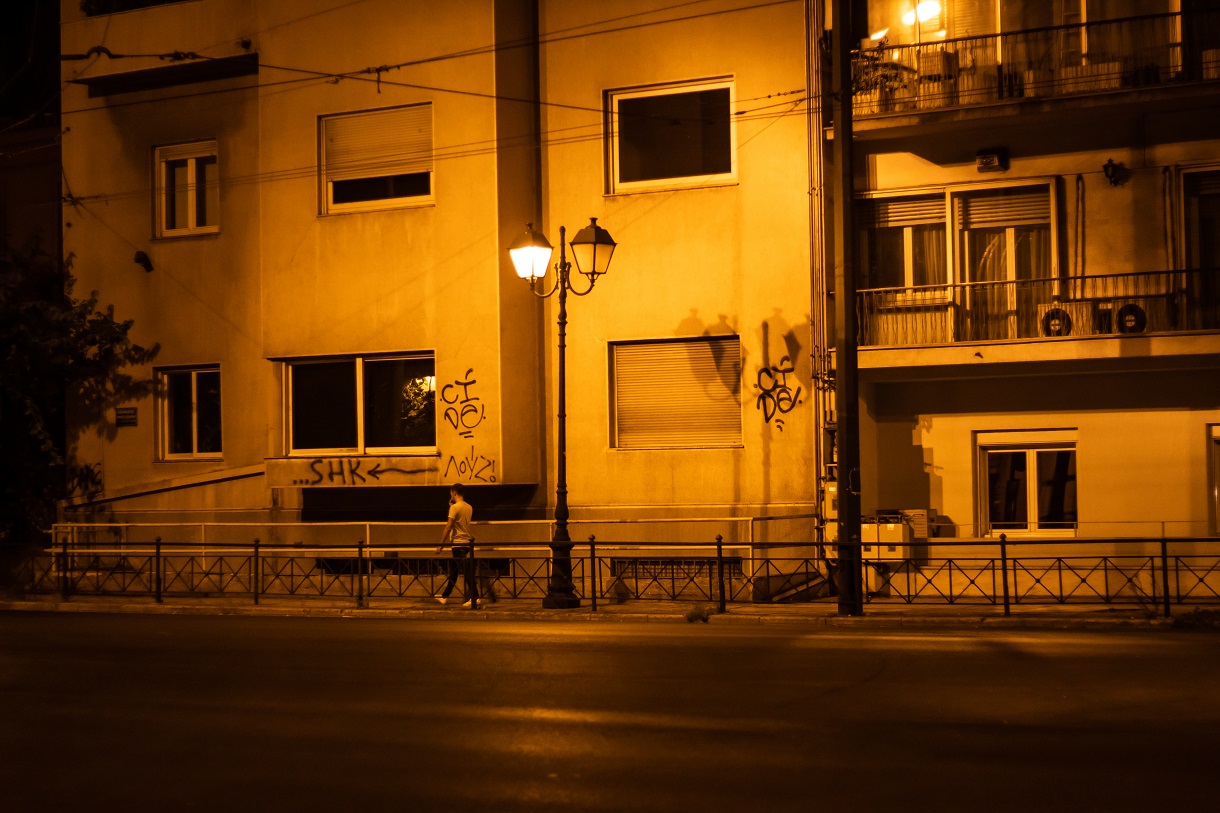
Is Athens beautiful or ugly? The answer to this question is subjective, as each person who traverses its streets has their own unique story to tell. Even the same individual may have different perspectives at different times.
While we may walk the same path, our perceptions can vary greatly. One thing is certain – Athens is not defined solely by the “Great Walk” or the discomfort at Panepistimiou str, both of which have been points of public debate over the past year. Nor is it defined by the local rulers with their often grand ambitions. Athens is a city of contrasts, a tapestry of diverse experiences and perspectives.
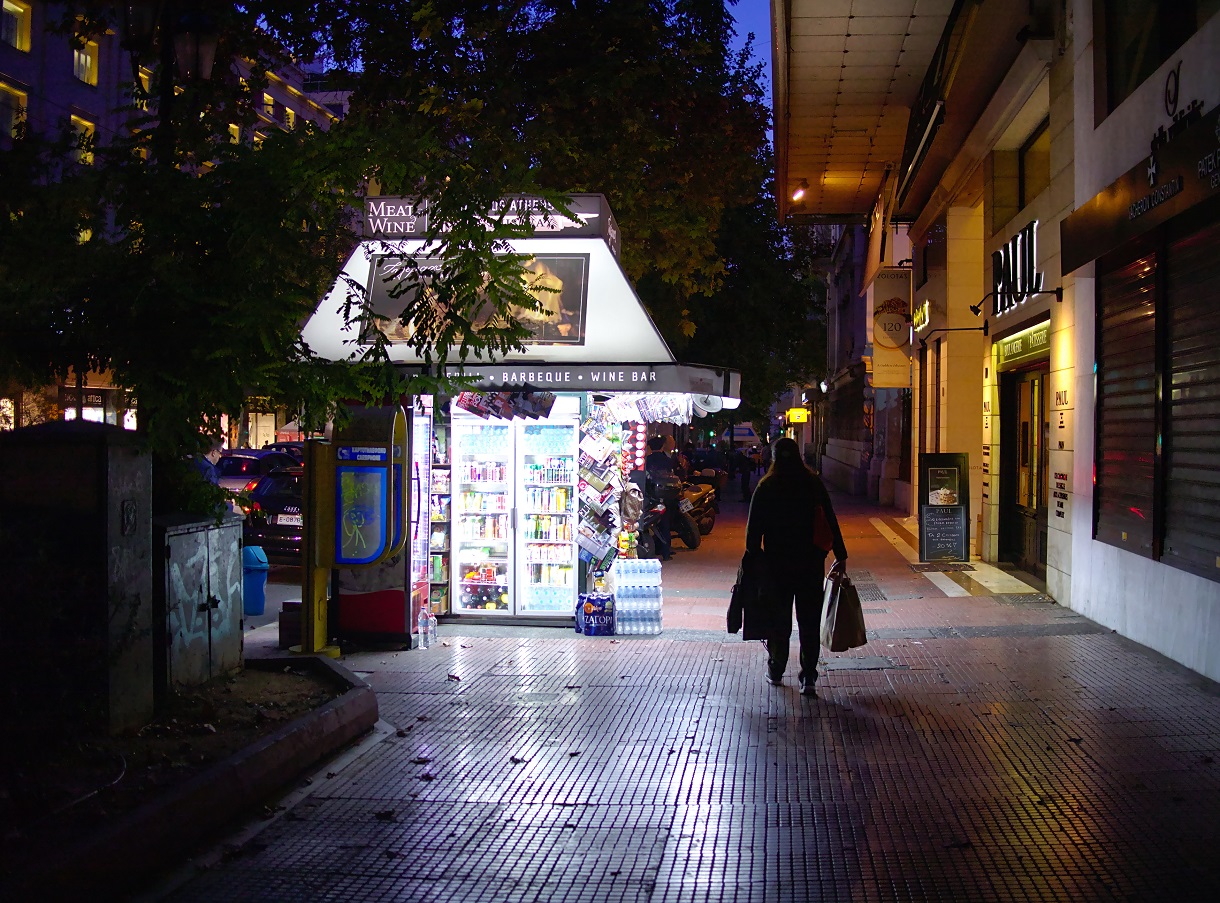
Athens is a reflection of all of us. It’s the people we encounter on the metro, in the city’s cafes, and the staff who serve us in the shops where we choose to spend time with friends. It’s the aesthetics that the city offers, and the diverse narrative that is created alongside our own experiences.
Even in its imperfections, Athens possesses a unique and distinct style that we’ve come to love. This style, in its way, contributes to the city’s beauty. Just like the city itself, it’s a blend of diverse elements coming together to form a harmonious whole.




